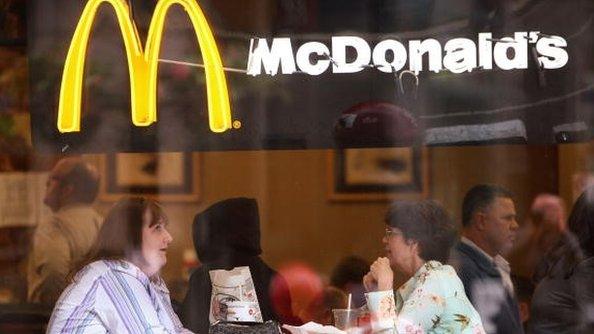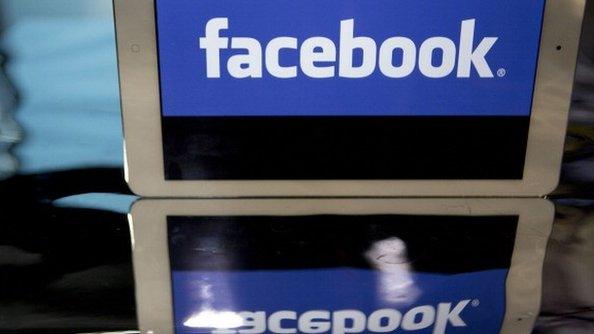Five large banks paid no corporation tax in 2014, analysis shows
- Published

Five of the largest banks in the UK paid no corporation tax in 2014, despite making billions of pounds in profits, analysis by Reuters has shown.
JP Morgan, Bank of America Merrill Lynch, Deutsche Bank, Nomura Holdings and Morgan Stanley paid no corporation tax at all, the news agency said.
The banks offset past losses against their taxable income for 2013-14.
The banks have so far declined to comment, but their tax returns say they complied with UK tax rules.
The research into the financial reports found that seven banks, which also included Goldman Sachs and UBS, used tax benefits as well as losses generated during the banking crisis to reduce their corporation tax bills.
The seven banks paid a combined £20m in corporation tax in 2014, even though they had profits of £3.6bn on revenues of £21bn, the news agency said. The banks employed 33,000 staff.
But the financial reports noted that the banks followed all UK tax rules, and that tax payments can be volatile and may reflect profits and losses from previous years.
Moral issue?
Laura Lambie of the investment management firm Investec told the BBC that there were a number of reasons why the banks paid little or no corporation tax.
"Certainly in the case of Deutsche there are questions as to why it's not paying UK tax. Some of the other banks, it's because they have big losses carried forward from previous years," she said.
She added that there was "a kind of moral issue there" for the banks, although she acknowledged that bank staff do pay large amounts of UK income tax.
She said that fines for foreign exchange or Libor rigging, or consumer product mis-selling, have seen many banks still produce high levels of revenue for the UK authorities.
The ability of big banks to offset current profits against previous losses was reduced by the government in the 2014 Autumn Statement.
In December 2014, Chancellor George Osborne said that the "amount of profit in established banks that can be offset by losses carried forward" would be limited to 50% of their profits in the 2015-16 tax year.
But banks were given better news in the 2015 Budget when Mr Osborne said corporation tax was to be cut to 19% in 2017 and 18% in 2020.
Losses and profits
The ability of a company to cut its corporation tax bill, by offsetting past losses against current profits, is a long ingrained feature of the UK tax system.
It existed even before the current system of corporation tax was invented in 1965, replacing the previous system whereby companies paid income tax and also a separate profits tax.
Unlike some countries, the UK does not have a time limit restricting how long a company can hang on to past losses before using them.
But UK-based banks are not having it all their own way.
From January 2016 banks will have to pay an 8% surcharge on their profits.
That is being introduced as an alternative to the Bank Levy on bank balance sheets - first introduced by George Osborne in January 2011 - which is now being cut back over the next six years.
A Treasury spokesman said: "We're creating a tax regime for the banking sector that is sustainable and fair, while maintaining the competitiveness of the UK as a global financial centre and supporting lending to the wider economy."
- Published3 December 2015

- Published21 October 2015

- Published12 October 2015
